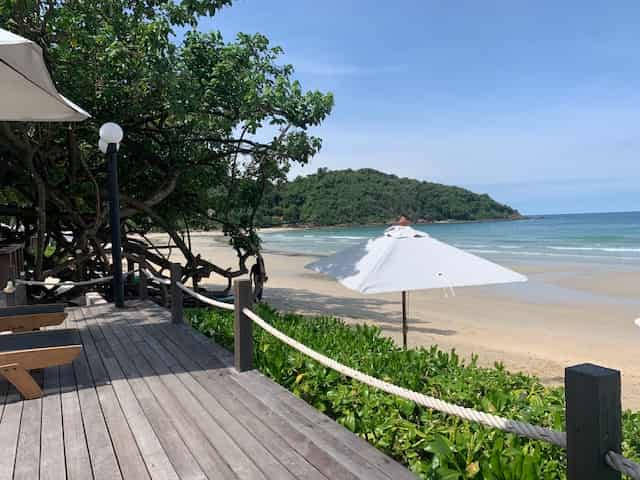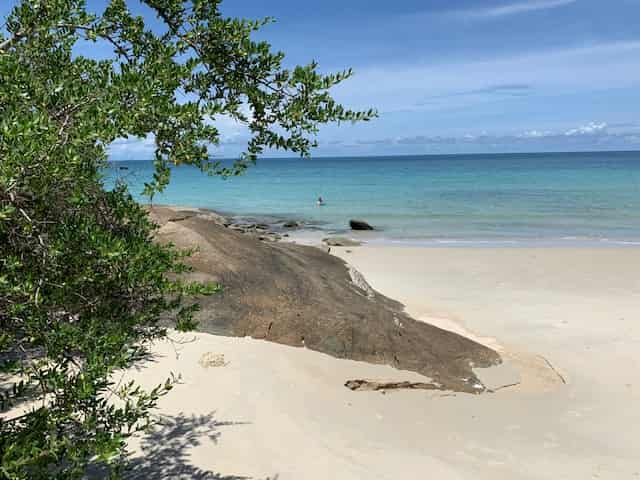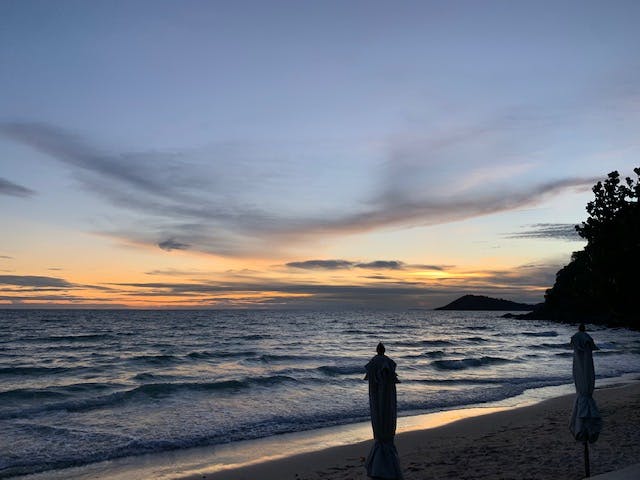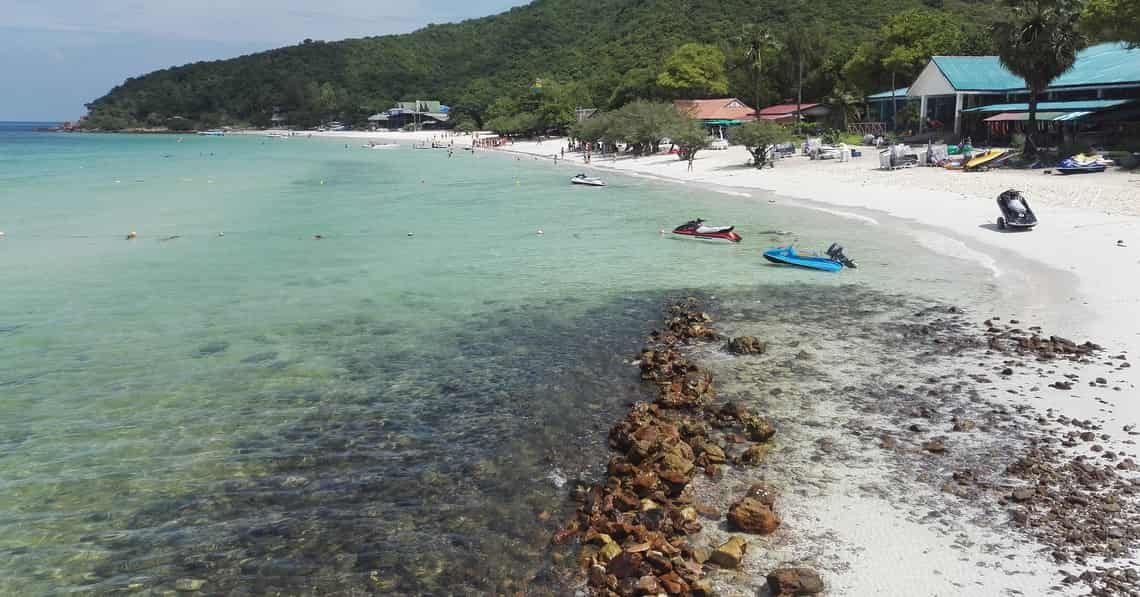With the end of the lockdown, government subsidies for national tourism and 48 days of no local infections across Thailand, many Chiang Mai residents, Thai and expats, are heading to the beaches.
“It has been a stressful four months,” said a German retiree who has lived in Chiang Mai for five years. “My children have been locked indoors for so long, since the start of the pollution crisis in January, we just need to see some horizons.”
And his business is greatly appreciated by many local operators on islands and beaches dotted along the south and south east coasts.
“You just count how many businesses are open now,” said Simon Ogden, a British bar operator on Koh Samet whose business, the Rasta Bar, which he opened with his wife last year, has now been closed for good. “That’s because you simply can’t count how many are closed.”

Ogden and his wife have decided to relocate to Petchaboon, where his wife is from, to lead a simpler life, leaving behind what was a lucrative business until the pandemic.
“Small guesthouses are also doomed,” said Ploy Tippawan, a third generation guesthouse operator on Koh Samui. “The hotels, the big ones with connections, get subsidies. But we small operators never seem to qualify for any help. I am lucky in that my guesthouse is my family home, so we have turned it into a noodle shop for now. But others have nothing.”
“The Funky Monkey was one of Samet’s most iconic bars, but its English owner had to shut down permanently after a decade of business. He simply left,” explained Ogden.
“The good thing is that on islands like Samet we all look out for each other,” continued Ogden. “There is no starvation here and we make sure that everyone survives. Those who don’t have a community simply go home, whether it’s to their own provinces or back to Cambodia. But larger islands would be a bit different, I imagine. What has been lovely to see is the entrepreneurial spirit. Many businesses forced to close simply set up som tam or noodle stalls, grilling chicken, or whatever they could do, and they have managed to survive. Now that businesses are slowly reopening, I must admit I miss the little stalls.”

While Chiang Mai’s economy continues to flounder and there is yet to be any published reports on how much damage this pandemic has actually caused, those who can afford to are leaving.
“I can’t afford it,” said Brittany, a young British single mother who has been teaching online for the past few months, “but we need it.” Brittany and her daughter are catching a bus to Pattaya and have managed to find some inexpensive accommodation for a much needed holiday. “This is breaking my budget, but just for our mental state, we need the beach.”
“I haven’t taken a ten-day holiday in absolute years,” said another long term British expat in Chiang Mai, also currently on Koh Samet. “I feel awfully guilty, but at the end of the day most of my meetings are still not in person and frankly I can work anywhere whether home or the beach. So this is a real indulgence. And with hotels offering up to 60% discount, why not take the opportunity?”
It isn’t just the beaches which are seeing a return of visitors, national parks across the north are also seeing a surge of visitors as some head to the mountains rather than the sea.
“Just to be able to camp, sit under the stars, wake up to a glorious sunset, that’s a luxury I haven’t had in a long time,” said Tanya Suarev who arrived in Chiang Mai in January this year.
Yet, as resorts begin to fill up again, there are still concerns.

With reports of a case of coronavirus in Rayong province this week, tourists are beginning to panic on Koh Samet, as hotels and resorts empty.
“We have nothing to do with the mainland, there are zero cases here. But just one foreign arrival with the virus in Rayong has managed to scare off much needed tourists at a time when we were just beginning to get back on our feet again,” said another small business operator on Koh Samet. “This latest scare my just wipe out the remaining small businesses here.”
While we are beginning to travel again and Thailand appears to have got to grips with the pandemic, it is clear that many are still feeling anxiety and hesitancy in resuming normalcy.
